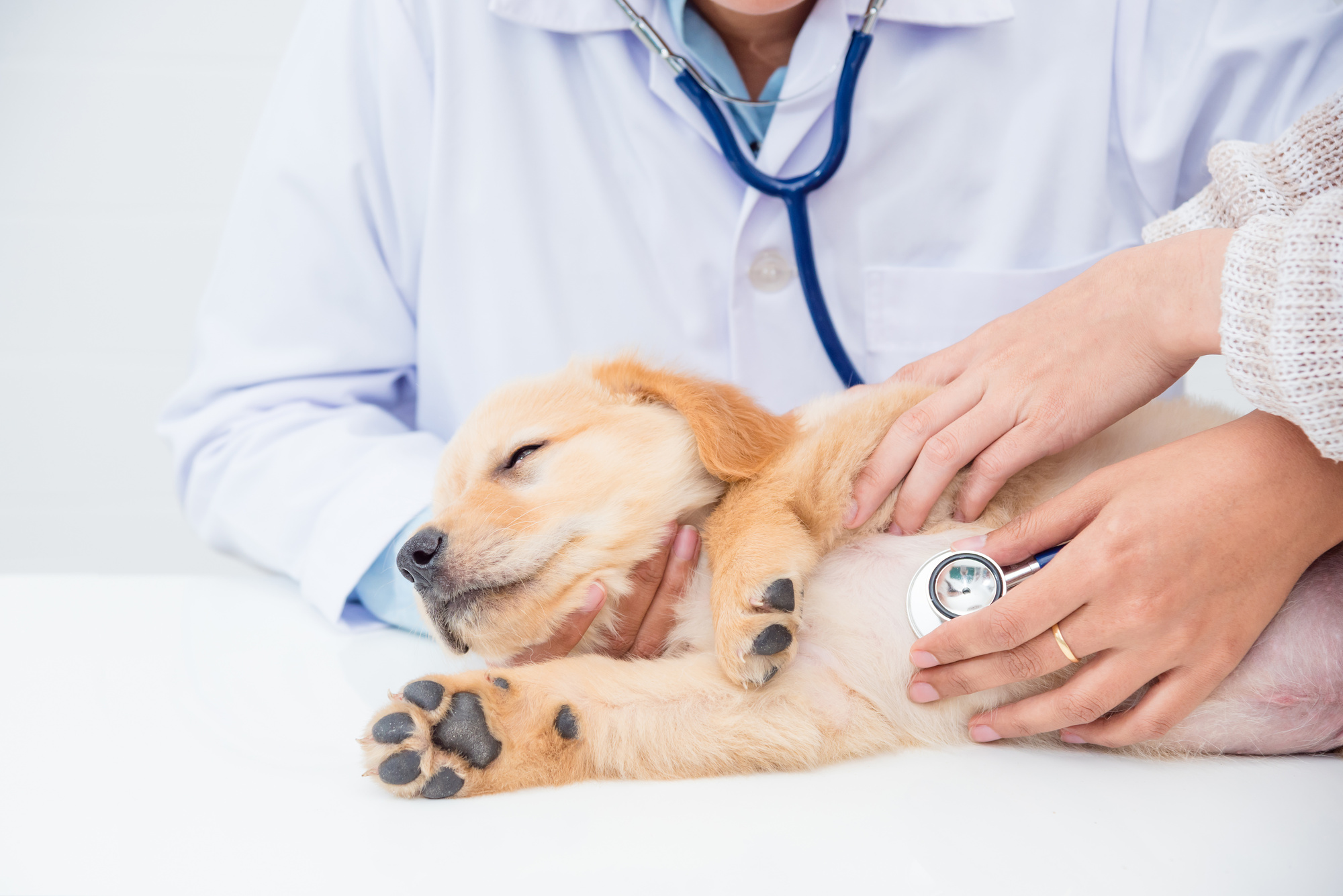Pet Care in Abilene: Why Won't My Dog Eat?
Has your dog suddenly lost its appetite? What's going on? Read this pet care in Abilene guide to learn why your dog won't eat.
Appetite loss in dogs is called anorexia. But, anorexia in dogs is not the same as the eating disorder that humans experience.
Partial anorexia means that your pet is eating a little but not enough to keep him or her healthy. Complete anorexia means a complete lack of appetite for three days.
If you are wondering "why won't my dog eat?" Read on to learn some of the common reasons why your dog might not be eating. Once you understand your dog's sudden loss of appetite, you can decide to look for pet care in Abilene, Texas.

Dental Issues
Just like with humans, when a dog's mouth hurts, he or she is less likely to eat due to pain.
Various issues can cause oral pain for dogs. For example, oral tumors, periodontal disease, gingivitis, or broken teeth can cause your dog to have a lack of appetite.
And because dogs can't tell you what's wrong, you might not know that your dog's mouth hurts. Notice if your dog is avoiding chew toys. If so, chances are your dog's sudden loss of appetite is due to dental issues.
Upset Stomach
Sometimes dogs eat things they shouldn't such as trash, insects, or household items they find lying around the house.
These non-food meals can cause upset stomachs in your dog. So if you're asking yourself "why won't my dog eat?" it could be due to gastrointestinal issues.
Keep an eye out to see if your dog throws up, eats grass, or has diarrhea. These are signs that your dog has an upset stomach.
Most dogs will stay away from food until their stomach feels better. If your dog's lack of appetite doesn't resolve within a day or two, contact Windmill Animal Hospital in Abilene.
Pain or Injury
Dogs don't have much of an appetite if they are injured or in pain. Conditions such as arthritis and a bad hip or leg can be the reason why your dog won't eat.
If you don't see signs of upset stomach or dental issues, you should visit a veterinarian to find out what is wrong with your pooch.
Aging
If you are asking yourself "why won't my dog eat?", consider the dog's age. As dogs get older their sense of smell and taste can change. An older dog may no longer find certain food appealing.
Also, their teeth become sensitive the older they get. Try switching to softer foods with different flavors. This could entice an older dog to eat.
Taking care of a senior dog is different than caring for a puppy. Here are 7 tips for the best care for your senior dog.
A New Routine or Recent Changes
Dogs like to stick to their familiar routines. If you change even something small like moving their food bowls, you could upset their sense of normalcy.
Any type of new change can make your pet nervous. Whether it's a new move, new feeding times, type of food, or change in daily exercise.
Once your pooch feels comfortable with the new element, he or she should start eating once again.
Reaction to a Medication or Vaccine
Routine vaccinations are necessary to keep your dog healthy. But they do have some small side effects. One of those is a lack of appetite.
If your pup recently had a round of vaccines or started a new medication, call your vet. Ask if that vaccine or medicine could cause a sudden loss of appetite.
A lack of appetite after a vaccine typically only lasts 24 hours. If your dog doesn't eat after that timeframe, contact your vet.
Recent Illness
Has your doggy recently vomited? If so, he or she may be put off by their normal food.
Even if your dog's upset stomach had nothing to do with her kibble, she might be hesitant to chow down on that same food.
You could try to integrate a different kind of dog food to tempt your pup to begin eating. After a little while, you can slowly switch back to his or her original food.
Bad Snacking Habits
Why would a dog want to eat boring old kibble when there are so many other great treats around the house?
If someone in the family is giving your dog many treats during the day, or human food from the table, your dog may resist his regular food.
If you sometimes mix his kibble with your leftovers, your dog may no longer want to eat the kibble plain.
Your dog may refuse his or her plain food in hopes of getting tasty treats. It can take some time to break this habit. But remember, you should only give treats and human food sparingly.
Still Concerned? Seek Pet Care in Abilene
Thanks for reading. We hope this list of common causes of sudden loss of appetite in your dog has been useful to you.
Remember, if your dog hasn't eaten for longer than a day or two, you should contact your vet.
At Windmill Animal Hospital, we can examine your dog to find out exactly what's wrong. If needed, we can perform tests to find the root cause of his or her lack of appetite.
Your dog can't tell you what's wrong. Sometimes, there could be a serious, even life-threatening concern, that is causing your dog's lack of appetite. As a pet owner, it's your job to make sure your pet gets the medical attention he or she needs.
Contact us today for outstanding pet care in Abilene.












